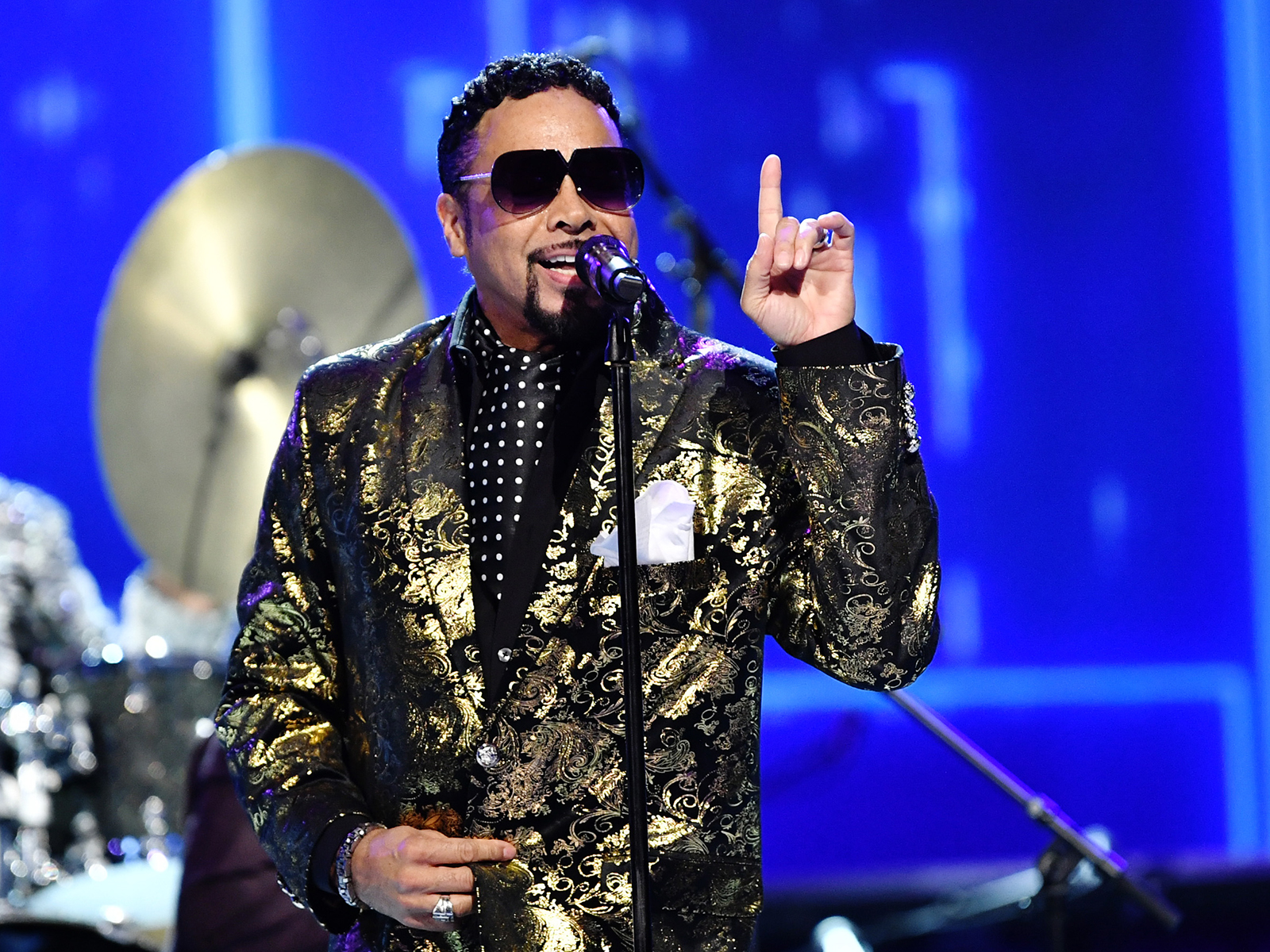
- Television
Docs: Morris Day on “Unsung”
While cities like London, New York, Nashville, Detroit, and Los Angeles can easily be identified as centers of musical influence, there was no place like Minneapolis in the 1980s. The Minnesota metropolis became the capital of funk, due largely to the purple man himself. Prince helped shaped a musical generation that included the likes of Sheila E, Vanity, Jimmy Jam and Terry Lewis (who would produce Janet Jackson) and The Time, featuring the electric personality of Morris Day. Prince and Day met in high school when they both performed in the band Grand Central and when Prince got a solo deal, he approached Day to form his own band which he would write for and produce. That became The Time, which released such top hits as Cool, Jungle Love, and The Bird. In the new docu-series, Unsung, which profiles artists who didn’t get their full due, Morris Day takes audiences on his journey through a bit of his musical history.
The show is called Unsung. Part of the definition of that word means not getting the recognition you deserve. Looking back on your musical career, did you feel a bit neglected?
It was designed that way, to be honest. And don’t get me wrong, anybody reading, Prince was my brother, but he definitely had his thumb on me and my band. He controlled the fact that we never really left the States, we had an audience blooming overseas and we were never allowed to tap into that, and he was very, very controlling. So, I guess if you want to look at it in that light, yeah, there’s some “unsungness” here. (laughs)
Would you be the same person today had you not met and worked with Prince?
Absolutely not. He was integral, he helped me really find myself musically and as a performer, he was just one of those kinds of people. He laughed at my jokes, we laughed at each other’s jokes, he was quite the comedian when he decided to be. He was always like ‘we have got to put that in the song, we have got to bring that out’, we have got to do this, we have got to do that. So, he had the insight to take the personality, my personality, or anyone’s for that matter I guess that he worked with, and put it into their music. I guess my personality was just a little different and that worked for me, but he was very integral in who I am as an artist today.
In the show, you talk about James Brown and the Supremes being formative influences for you growing up.
Well, the influence for me was, James Brown was the epitome of, and still is of funk in its purest form. How they came up with some of those grooves that they did for me was just, I would have liked to have been a fly on the wall to know because it’s quite incredible. But the whole thing about Motown, The Supremes, Four Tops, we got our first TV back in 1963 or something like that, 1964, they were just coming out, we had that great big console with the record player on one end and a radio on the other and a little TV in the middle. But it was color, and I was watching American Bandstand and I would see these bands and it was just magical, it was like that’s what I want to do, I want to be inside that box performing in living color. So that just kind of really brought it out for me. I ended up loving the drums and I was beating on my mom’s couch and pots and pans and tearing everything up. She finally came and said look I’m going to get you a drum set so you will quit tearing up everything. And that was the start of it all for me.
You were not afraid in the show to not only talk about your highs but your lows as well. What insights would you give young musicians about the trappings of fame?
You can, especially as a young person, and everything is coming at you at the speed of light, you can get lost in it. You just have to try to somehow keep your wits about yourself, you have to realize that at the end of the day, it’s real life, and that’s what this is all about. A lot of people see entertainers, celebrities if you will, and they are like, they don’t realize that that’s a real person or real life. And it looks so glamorous and so perfect, but behind it, there’s a real-life, that if you don’t treat it right, it will bring you down. So that’s all, my advice is just try to be real, try to keep your feet on the ground, try and realize that you are still a human, you still trip and fall just like anybody else, and that’s what it’s all about.
You are still prolific and have just collaborated with Snoop Dog. How was that?
Snoop was just super gracious; this is a guy whose career is just on fire. So, for him to just take the time to really want to work with me and spend the time to put together the project that we did, was really amazing. I walked into his studio and he had his Wall of Fame, all the people that he admires the most in the industry, and my picture was up there. So, I was right away flattered. And on from there. And man, he would be at the studio just dancing and loving everything and we were coming up with these grooves and stuff and it was an awesome experience.